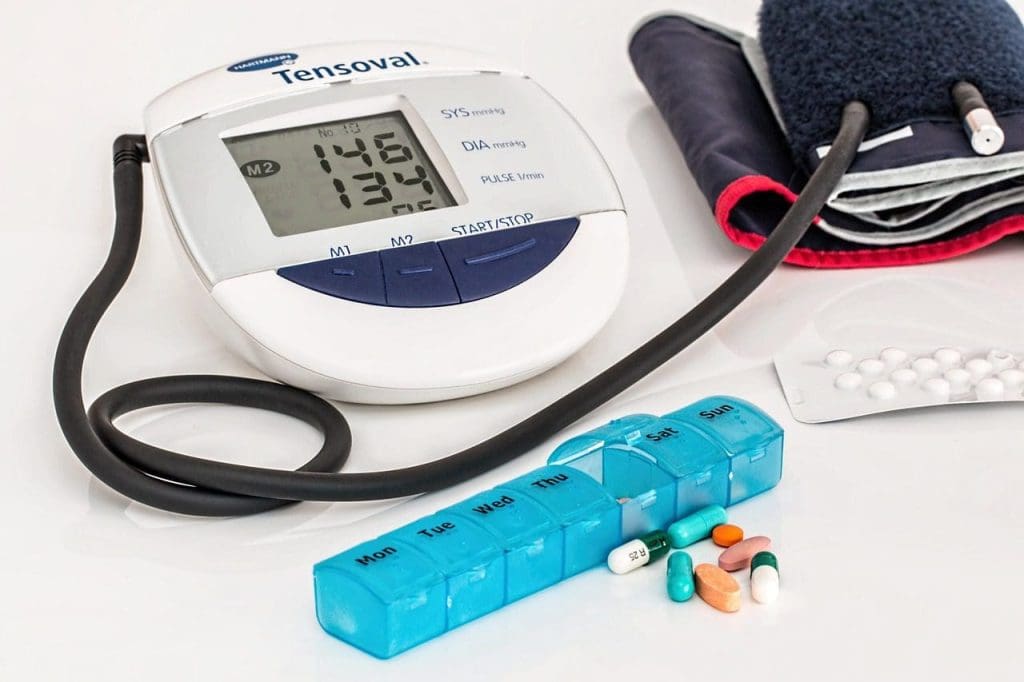The best trips are the ones that truly help you get lost in the world. The ones that fully immerse you in another place, another culture, and another life. On these trips that you learn more about yourself and about the vastness of our planet; experiences like these are priceless, and when you’re ready to have one, worrying about your safety is the last thing you want on your mind.
That’s why proper safety planning is key when traveling to remote locations. Experts in wilderness safety at Global Emergency Medics believe that the importance of preparedness can never be understated. By taking the time to make thorough preparations and understand your destination, you can worry less while you’re traveling and focus on the present moment. Effective preparations not only keep you safe, but they also help you develop realistic expectations of your experience in a new place. So, in addition to your pack list, consider the following when you plan your next expedition or adventure.
What are the local dangers?
One key preparation strategy is understanding as much as possible about your destination and what the environment is like for tourists. If there is political instability or disorder in the area, notify the embassy in that country of your travel plans. You should also be aware of the political environment in your destination; there may be civil unrest that doesn’t make daily news in the US but could still put you at risk as a visitor.

In addition to the political environment, understand the cultural environment of the area. Many remote countries have more strict cultural expectations surrounding behavior or styles of dress compared to countries like the US or the UK. There also may be strong attitudes towards tourists, wealthy travelers, or certain ethnic or religious groups. Be aware of the local customs and try to get an accurate expectation of how locals may perceive you.
Look into the local laws and expectations around drugs, sex, and alcohol. Misunderstandings in foreign countries can be dangerous or lead to legal troubles. For example, in some countries, sharing a hotel bedroom with someone who isn’t your opposite-sex spouse could be considered a crime.
Check out the Foreign and Commonwealth Office website for advice on your specific destination. The most common issue that travelers face in remote areas is physical injuries and traffic-related accidents. If you end up in this situation, it may be more difficult to get help or evacuate the location, so consider what medical support might be available.
Are you mentally ready to travel?
An often overlooked part of preparing for travel is conducting a self-assessment. Are you physically and psychologically ready for remote travel? Adapting to life in a foreign place, and being separated from friends and family, isn’t easy, especially if you haven’t had a similar experience before. Simply being unable to connect to social media or loved ones can be a foreign experience for some. Mentally prepare to get accustomed to this, and assess your mental wellbeing. If you struggle with a disorder such as depression or alcoholism, you should feel that these issues are under control before you travel.
Another part of mental preparation is getting an accurate expectation of your time in a new place. Familiarize yourself with any local culture changes. Women or minorities may face particular challenges in some areas. In addition to learning about the cultural and political environment, understand the climate in your destination, and be prepared for changes in humidity and altitude. Consider how youyour will deal with physical discomfort such as being cold or wet or sleeping on hard ground.
Are you physically ready to travel?

Consider any physical activity that you plan to do on your trip, and ensure that you’re physically ready for it. If you have any chronic fitness or health issues, schedule a medical review well before you travel. You may need a private medical doctor to certify you as fit to fly; sometimes a general practitioner isn’t trained to do so. Declare any current medical conditions to your doctor and keep in mind that traveling against medical advice can invalidate your insurance.
Another commonly overlooked preparation is dental health. Having a tooth problem during remote travel can be significantly distressing and may be more of a hassle to solve; schedule a dental appointment before your trip.
Of course, plan your vaccinations ahead of time and follow the recommended vaccine schedule for your destination country. The NHS Fit for Travel website can offer more information about vaccination requirements for various countries.
In summary, considering these aspects will help ensure you have a rewarding experience. Expect for some hiccups; things may not go according to plan with any trip, even more so with remote travel. Expectation setting and preparedness will go a long way in helping you experience a life-altering journey safely.



